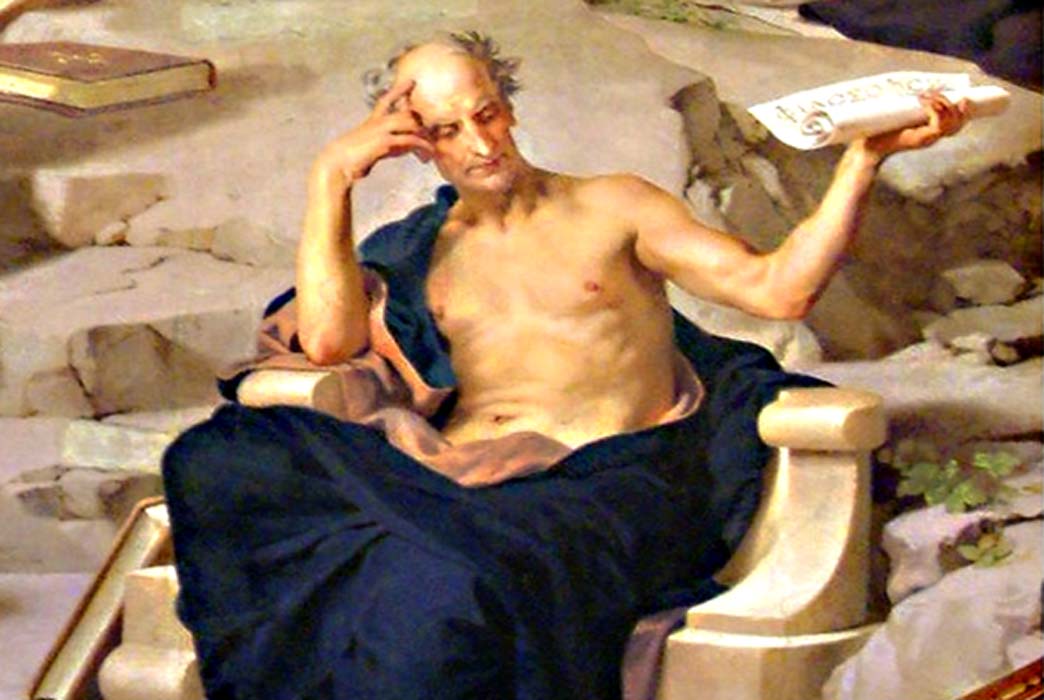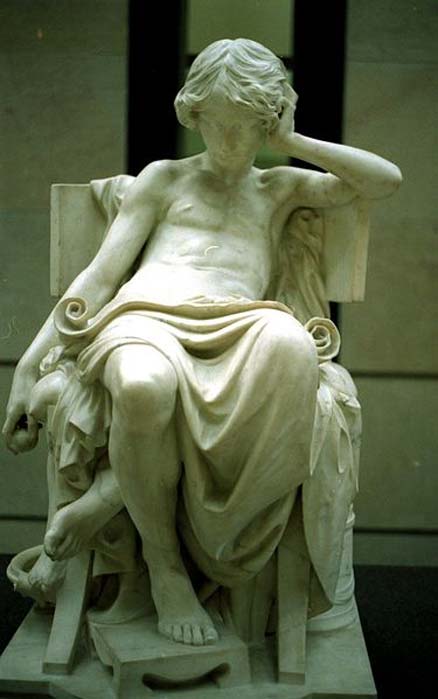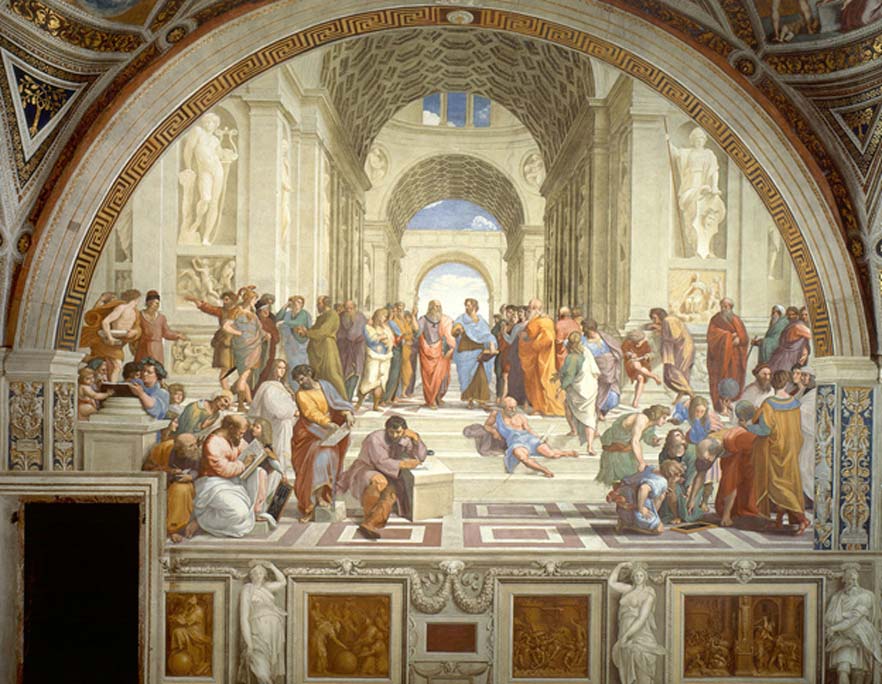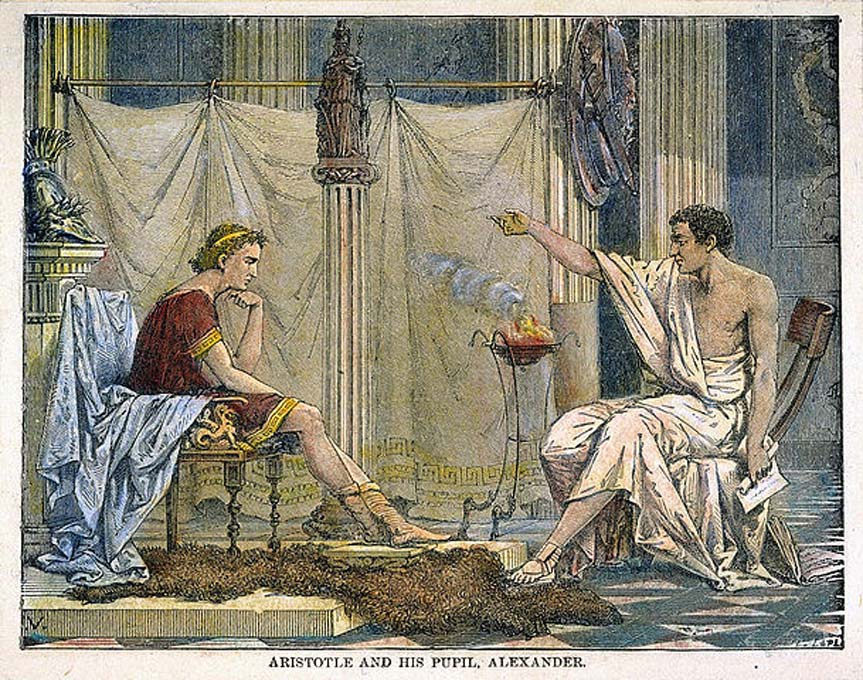
Aristotle is Dead, but his Ideas are Alive: On Private Property and Moneymaking – Part I
Aristotle died. But then he returned from the grave, in a manner of speaking.
The ancient Greek philosopher and scientist’s ideas remained mostly dead until the middle ages. His ideas were not pulled from some clay jar written in Greek, but they were rather found stored in the Islamic libraries written in Arabic, and once they were translated into Latin with the help of Jewish and Muslim scholars, an old world was reborn, giving new life to western society.

Statue of a young Aristotle (Rama/CC BY 2.0 fr)
Aristotle was born in Macedonia around 384 BC to Macedonian parents. The boy moved to Athens at age seventeen to study at Plato’s academy. For twenty years, Aristotle studied at Plato’s university until Plato died in 347 BC. Aristotle returned to Macedonia where he tutored the young Alexander known to us today as “Alexander the Great”. After the tutor of Alexander was over, Aristotle retuned back to Athens to open a new school of thought until Alexander’s death in 323 BC, in which the Athenians wanted nothing to do with Macedonia or Macedonians for that matter like Aristotle himself. Aristotle would leave Athens and die in exile in 322 BC.

Plato’s Academy: The School of Athens by Raphael (1509–1510), fresco at the Apostolic Palace, Vatican City. (Public Domain)
The rediscovery of the book of Politics, written by Aristotle, led to a wave of social and economic thought. It is these two thoughts we will discuss. Regarding economical and the social thought, Aristotle upheld the social, but some say he shunned the economic to some extent. What were the ancient thinker’s social arguments against Plato? Let’s look at his thoughts on property and economics.

Aristotle teaching Alexander the Great (Public Domain)




